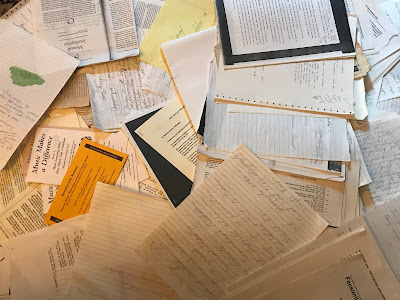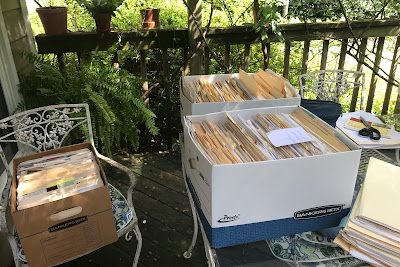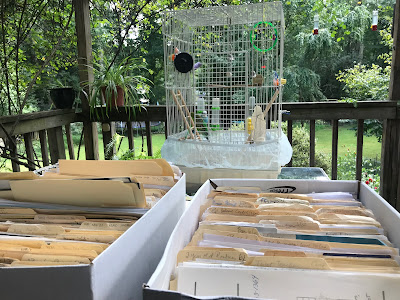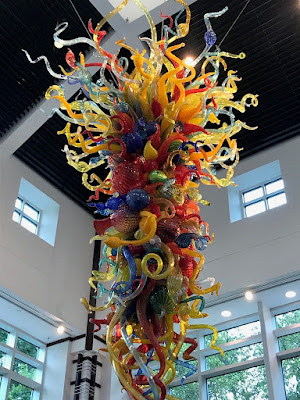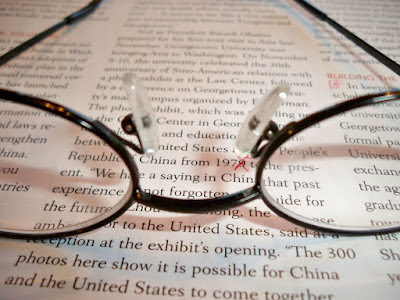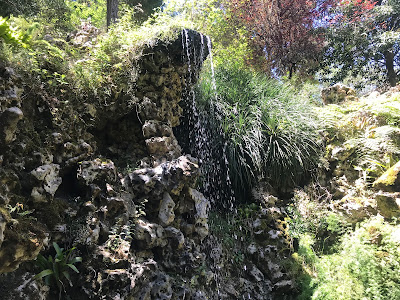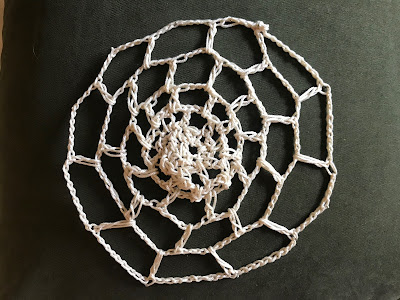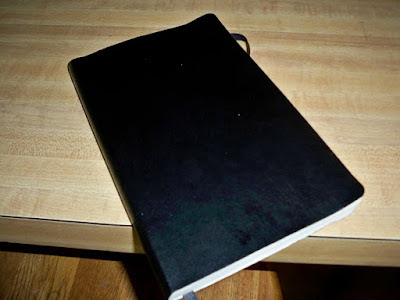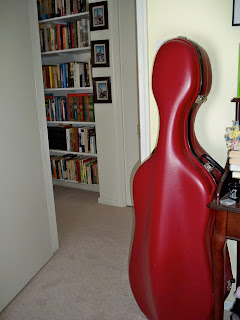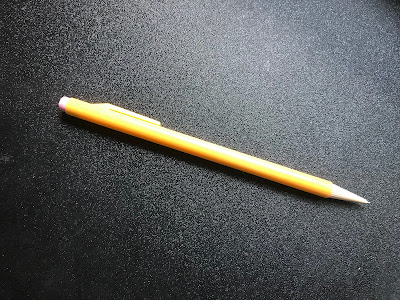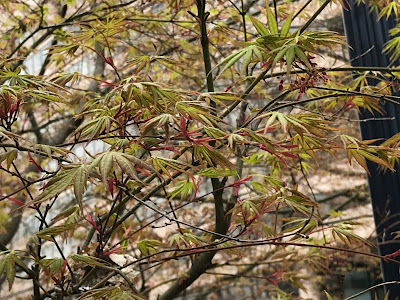The Old World
I want to stay with the filing topic today, because when I file, I read, and when I read, I remember.
The folders I’m going through are full of the notes and research I collected for the articles I wrote when I was a full-time freelancer. I toss most of the research and notes, but I keep the assignment letters, list of sources, and the piece itself. The “wheat” is small and the chaff is plentiful.
What emerges from this winnowing is not only a set of skinny file folders, but also the portrait of an age. It was a golden era for magazine writers: publications were plump, editors were many, business was brisk.
It’s a different world now, a leaner, meaner one. And while I try not to let it bother me, I miss that old world.
